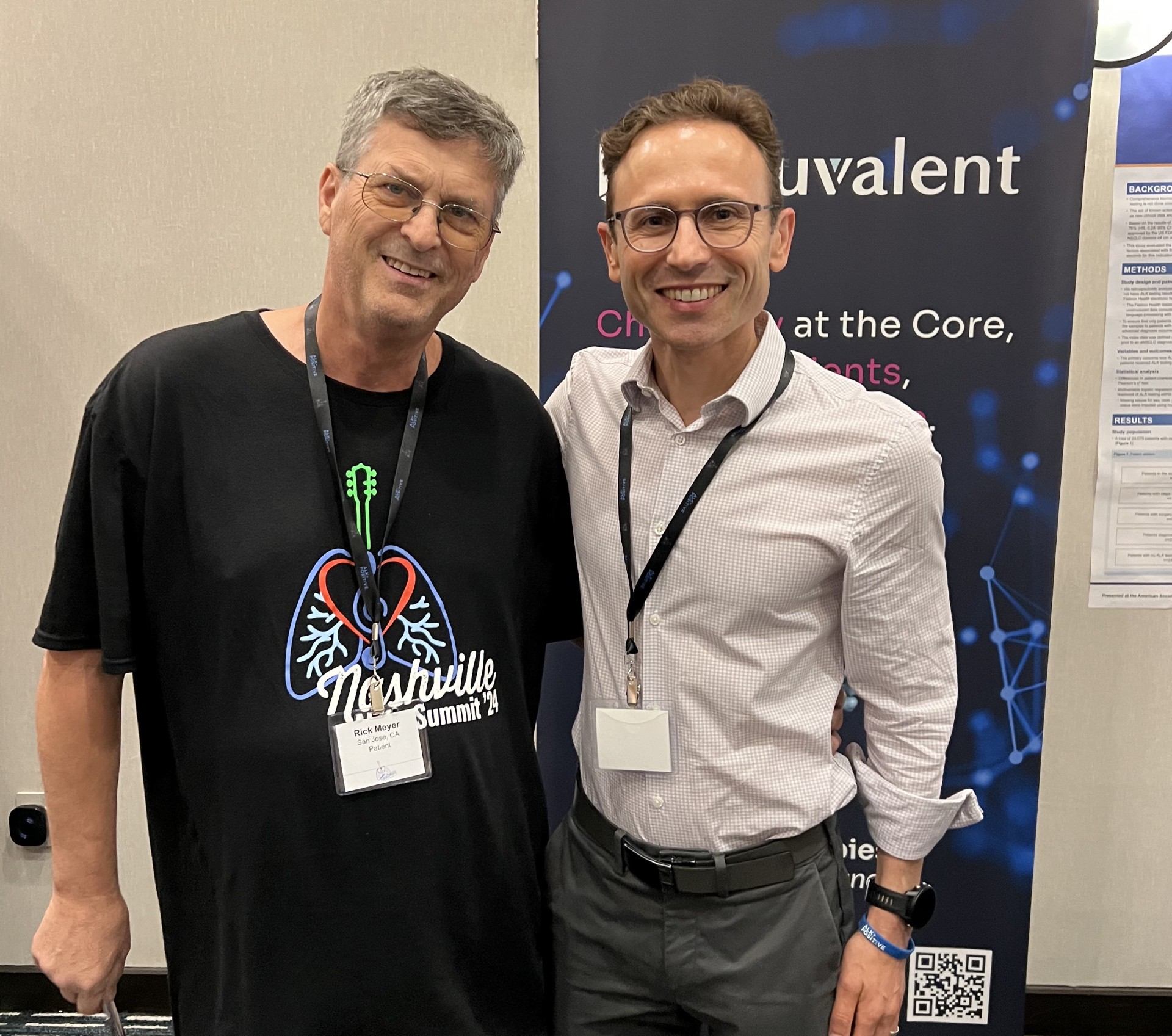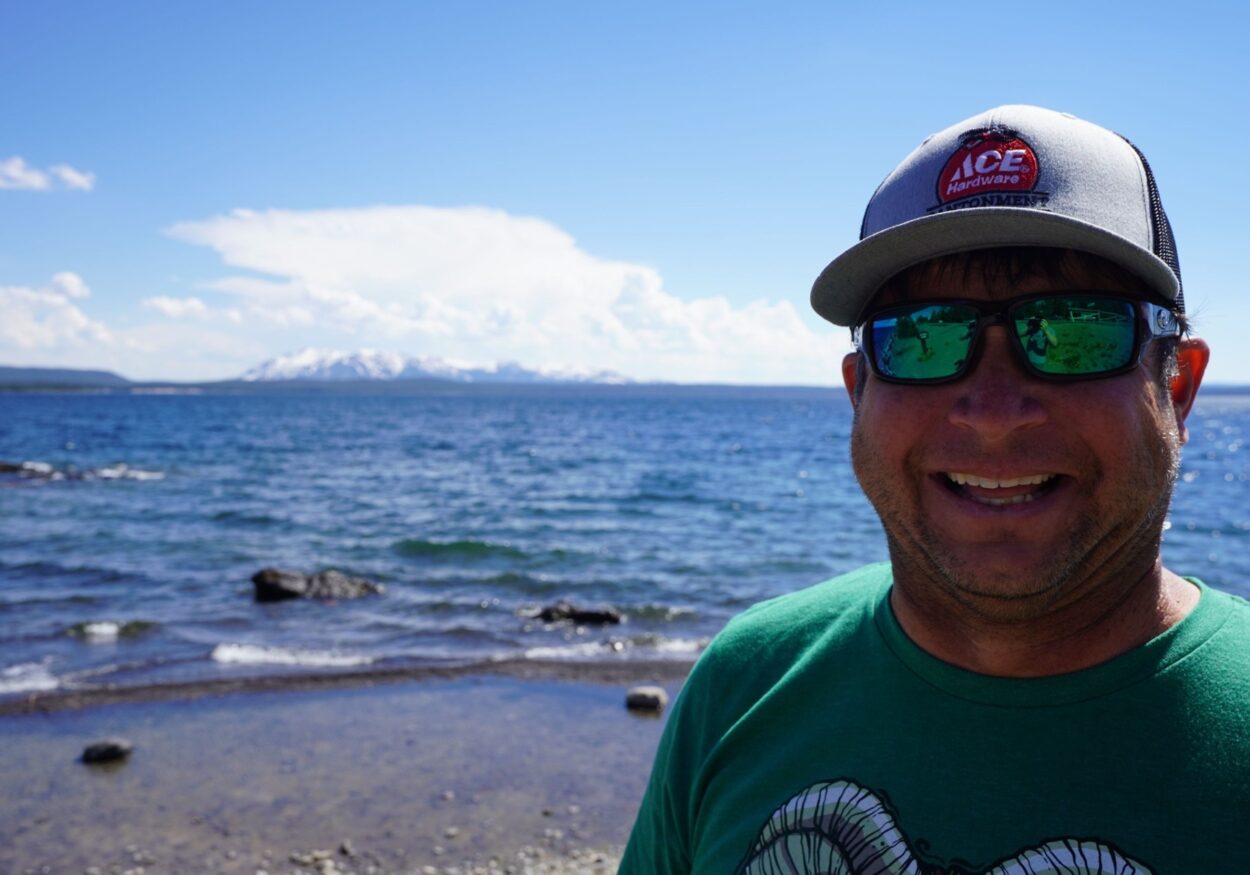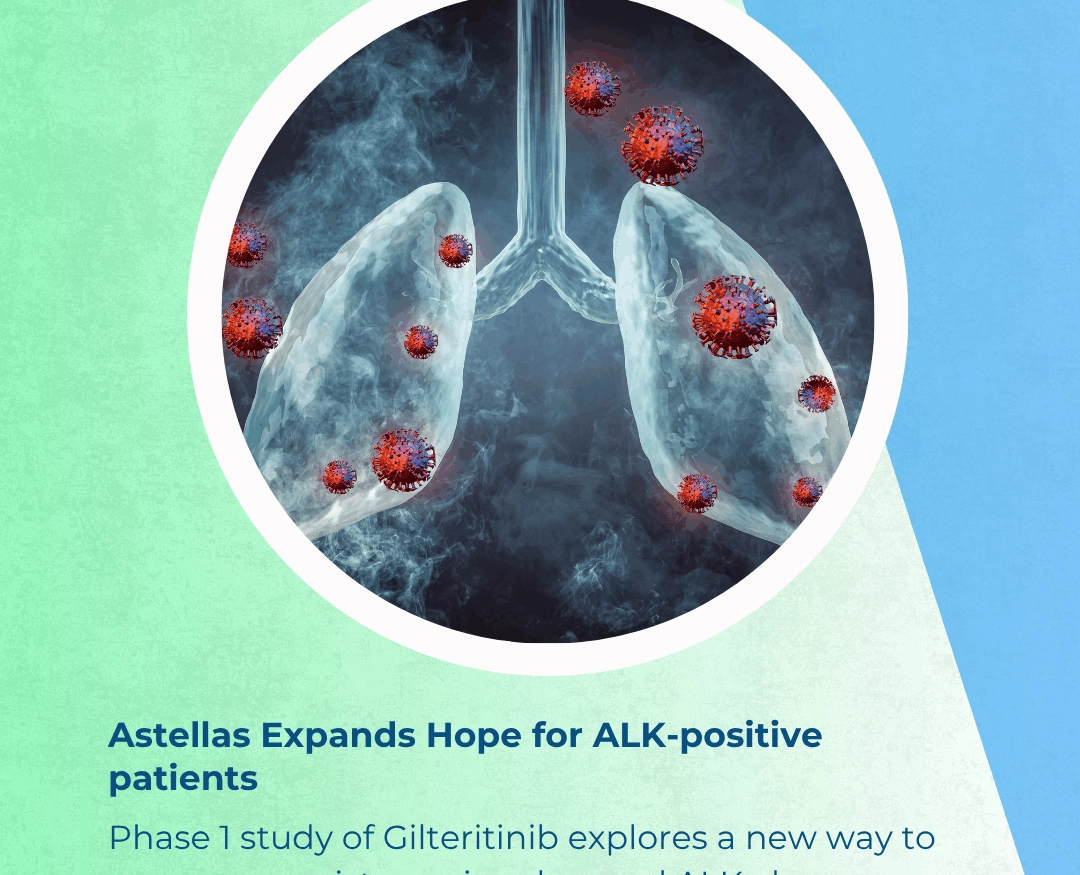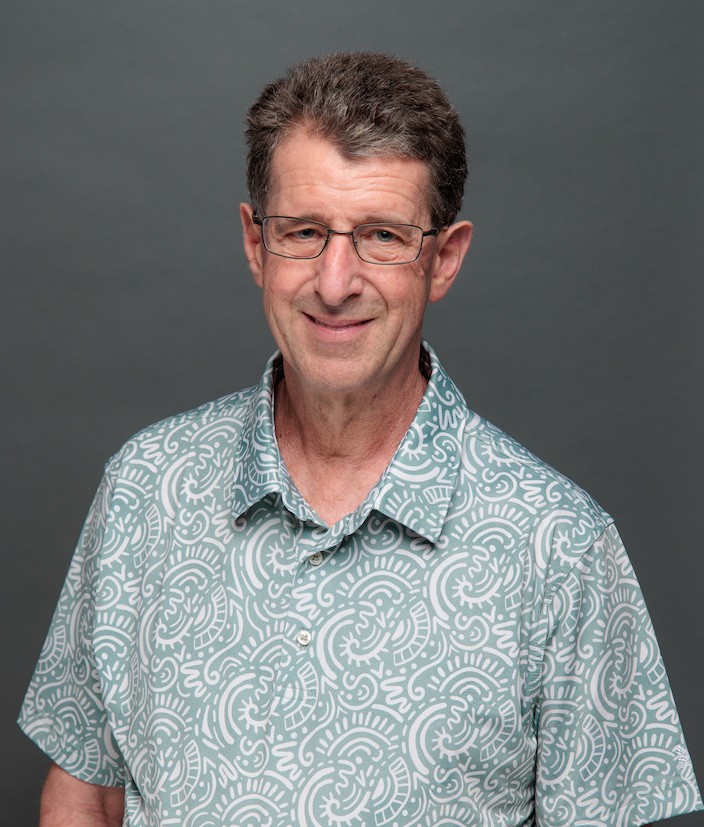1) Tell us a little about yourself – your personal and professional background – and your journey with ALK+ lung cancer so far.
Hi! My name is Richard Meyer, I also go by Rick, and I am a general contractor living with my wife and two daughters (18 and 21) in San Jose, California. Some of my favorite things are going on cruises and riding the Flow rider. In 2014, at the age of 52, we went on a family vacation to Hawaii where I caught the flu. I had a persistent cough, but it took six months to get a shocking diagnosis—lung cancer. My two kids were 7 and 11 at the time, making the diagnosis extra challenging.
Soon after, I found out it was ALK+, luckily. I then went on Crizotinib (aka Xalkori), and I was still able to travel to the Philippines with my family for Christmas. Fast forward 2 years (2016), an MRI showed that I had brain metastasis, as Crizotinib does not protect you from that. Therefore, I switched to a clinical trial, X-396, and I was on that for 32 cycles (roughly 2.5 years). On X-396 I had slight progression in the brain, so to escape this slippery slope, I switched to Alectinib. Alectinib was a very hard drug for me personally as my liver and kidney functions were all over the place. We tried changing the dose for about 5 months with no success, bringing me to switch to Brigatinib. I was on Brigatinib for about 2.5 years with minimal side effects and it worked well; however, there was still slight progression with brain metastasis. I then switched to Lorlatinib, which worked well on the brain metastasis, but had significant side effects. We reduced the dose down to 62.5mg (3 tablets on odd days, 2 tablets on even days) for about a year, but the side effects became too difficult and I went back to X-396 (aka Ensartinib) for 6 months as I awaited a slot in the NVL655 trial.
My first dose was on July 12th, 2023, at 100mg, and I am still on this to date. It is working well and I am experiencing minimal side effects.
2) What do you know now that you wish you knew back when you were first diagnosed? What would you advise a newly diagnosed ALK patient?
Something I know about now that I wish I knew about back when I was first diagnosed is how to deal with “scanxiety”. In my opinion, there’s no such thing as a bad scan. Scans will either show improvement, which is great (yay!), stable, which is good, or progression, which isn’t good, but it has you focus on what you need to change moving forward. Scans are information, and information is king!
I would advise a newly diagnosed ALK patient by sharing a few things with them. First, is how strong the ALK+ community is, providing people with lots of information and hope. Second, one has to realize that life is limited for all, and it is so important to enjoy living your best life each and every day. The third is that we are all different individuals and we all behave differently to all these different meds. Just because one person has a good outcome does not mean everyone else will also have a good outcome. The fourth piece of advice I have is to be an advocate for yourself, communicate with your oncologist, and go with the flow. Finally, I would look into clinical trials because the good thing about these trials is that if you get in one, you are able to leave at any time, leaving no real downside to looking into getting one.
3) You’re coming up on two years on the Nuvalent trial. Have you had any big challenges with the drug, or struggled with any side effects, and if so, how did you overcome these? Or anything else you have found challenging with the trial?
Personally, I have found that NVL655 has the least side effects of all the medications I’ve tried to date (with X-396 close behind). My bloodwork and cholesterol are the best they have ever been! However, I have very stiff hands, which makes me clumsy (dropping things etc.), but after years of this you get used to it—no big challenges. I had to learn to be a duck and “just let it roll off my back”. Once you realize this, it’s much easier to cope, you have to accept that you do less. Overall, the trial requires a lot more screening, which is both a pro and a con because, while it may be a hassle to go in more often, you’re being looked at very attentively by a great team.
4) I understand that you have been on several TKIs and now you are on the clinical trial for Nuvalent’s 4th generation TKI. Is the experience with the Nuvalent drug similar, or easier, or harder to previous TKIs you’ve been on? Anything you would like to add about the trial that might interest other patients?
For me, Nuvalent has been a relatively easy drug to take. Without clinical trials, all the meds that are out there (which have kept me alive for 10 years) wouldn’t have existed. First in 2016, second in 2023. When you’re in a study you get more scans and you’re looked at more closely – if you were to progress it would be noticed and dealt with sooner.
5) You are a long-term survivor. What have you done all these years to stay grounded and maintain a sense of hope and optimism amid what is a very tough diagnosis?
In order to stay grounded, the most important thing is to always focus on what’s important: your family and friends. Creating wonderful memories by living each day to the fullest. If you work to maintain a positive attitude, you can always push forward.
Interview by: Christina Weber




